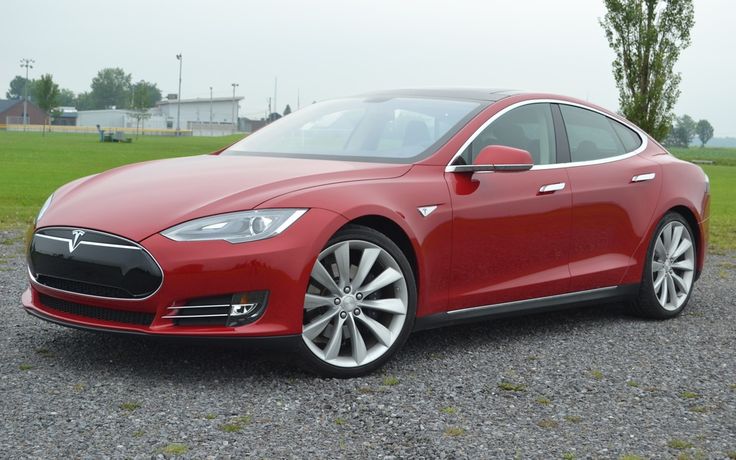When the NYTimes published a story last week claiming that a
review drive of the Tesla Model S ended with a flatbed and a stranded journalist, CEO
Elon Musk lashed out against the claims on Twitter. It seemed at the time to be the bitter response to a negative review that is often the knee-jerk reaction to bad press.
Then, it turned interesting.
Juicy stuff coming – that was the promise. While we waited, the reporter on the story, John M Broder,
replied with renewed accusations about Tesla and assurances that his report was accurate.
Musk
posted the results of their tracking as well as the reasoning behind the use of vehicle monitoring based upon a bad experience they had in the past with Top Gear. While the piece is clearly slanted towards defending their product and painting the reviewer as an activist journalist rather than an impartial reporter, the evidence is pretty compelling. Assuming it’s not doctored, it refutes some of the claims made by Broder during his drive, drawing into question his integrity and the motivations behind his review. The evidence is far from conclusive and it’s very possible that it happened exactly as Broder claimed. Then again, one should definitely question the wisdom of not “filling up” when at the various charging stations.
Why would a journalist intentionally botch a review and fake the poor performance of a product? There are normally three reasons and they’re not new to the field.
- Money. This is much less common today than it was in the past, but it hasn’t been completely eradicated. There are always incentives, both financial and through perks, that journalists are offered to view a product positively or even negatively if the competitors are the ones paying.
- Popularity. Bob Woodward and Carl Bernstein would never have made the history books if they wrote a paper about how good of a president Richard Nixon was. Bad news is the cornerstone of award-winning investigative reporting. It gets more readers, more links from other sites, and more attention in general. For journalists, this can be extremely compelling.
- Secret Political or Social Activism. These are arguably the most dangerous types of journalists. It’s not the Rush Limbaughs or the Paul Krugmans of the world that are worrisome. Everyone knows where they stand and their bias is part of their job. We expect to see the truth filtered through the lens of their political goals. For other journalists such as Broder, the readers are expecting the facts reported in an unbiased manner. If a journalist has an agenda that is not known by the public and posts articles that are not meant to be motivated by personal beliefs, they are more dangerous than Limbaugh or Krugman.
We may never know if the story was accurate. If there is action taken by the NYTimes, we’ll know that it wasn’t accurate. If there is no action, it will remain for the scrutiny of public opinion regarding who is telling the truth about the fateful drive through freezing temperatures along the east coast.
Do you believe his story is accurate?




